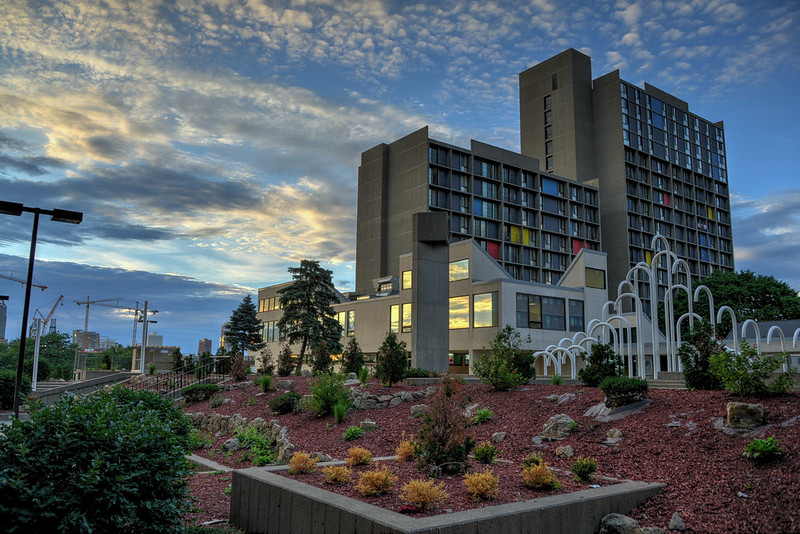Refugee Crisis Update – March 2018
Tens of thousands of refugees continue to be impacted by current U.S. policies regarding resettlement:
- The White House earlier lowered the number of refugees who can come to the U.S. to a record low of 45,000, and have put restrictions on refugees from 11 countries.
- The 11 nationalities impacted include Iraqis who worked to support the U.S. Government and U.S. efforts in Iraq, further delaying their access to safety.
- Further restrictions have been placed on refugee reunification (family members still in camps not being allowed to join those already in the U.S.). This impacts many from Africa, Asia, and the M.E. with whom we are working.
- Statistics show that the refugee resettlement program is the safest U.S. immigration program. No one in the U.S. has been killed by a terrorist act committed by any of the 3+ million refugees resettled since 1980. Yet, there is now a “virtual wall” excluding most refugees, including persecuted Christians.
- We don’t know how many new refugee families Arrive Ministries will be resettling in 2018 (we have been approved by the U.S. State Department to welcome 155 refugees and 20 with Special Immigrant Visas-SIVs) yet we don’t anticipate reaching these numbers. However, we have expanded our outreach to those refugees who are already here and have experienced a burgeoning number of volunteers in our Somali Adult Literacy Training (SALT) and Refugee Life Ministries (RLM) outreaches with dozens of new teams, individuals, and trainings.
Worldwide (Source-UNHCR):
- 7 million refugees worldwide
- 1 million Syrians have fled as refugees.
- More than 62% of the approximately 2.0 million refugees who have fled Southern Sudan are children.
- More than 3,000 drowned in the Mediterranean seeking safety in 2017.
- 17 years – average length of time from when a refugee first flees their country until they are resettled
- 45 million Internally Displaced People (IDP), including 6.6 million Syrians and over 3.0 million Yemenis
United States (Source-US State Department):
- 3,000,000 refugees from all countries have arrived in the U.S. over the past 30+ years.
- From fiscal years 2002 to 2016, the U.S. admitted 399,677 Christian refugees and 279,339 Muslim refugees. 46% of all refugees who have entered the U.S. during this time have been Christian while 32% have been Muslim (Pew Research Center).
- More than 250,000 women and children have been resettled in the U.S. since 2011 (70% of total).
- 18-24 months is the average security screening time for a refugee before arriving in the U.S.
- The Administration lowered the number of refugees to be allowed into the United States annually from 110,000 in PY2016-2017 to 45,000 in PY2017-2018 (or one refugee for every 7,000 U.S. residents).
What this means for refugees:
- The administration has seriously cut the number of refugees who can be resettled in the U.S. This means that not only can fewer refugees be welcomed, but many family reunification cases will be put on hold indefinitely.
- Refugees in the United States are protected by U.S. law. Refugee status does not expire, but we encourage refugees to apply for green cards (after 1 year) and to become U.S. Citizens (after 5 years).
How to respond:
- Pray for our country’s leaders, refugees around the world, and the church.
- Love your friends, neighbors, and coworkers who are refugees. They are feeling disheartened right now and unsure of the future of their loved ones still overseas.
- Advocate for helping refugees overseas and for a compassionate response to refugee resettlement from our leaders in Washington.
- Volunteer and Support Arrive Ministries. We still have some refugees being resettled and have many families already here who desire friendship, ESL/tutoring help, employment mentors, and other practical support. Above all “love your neighbor as yourself.”




